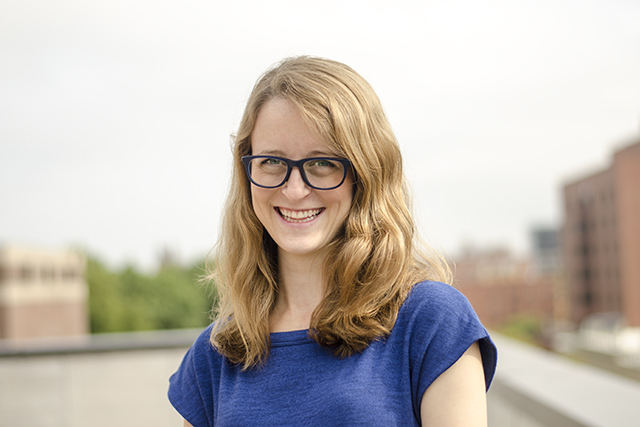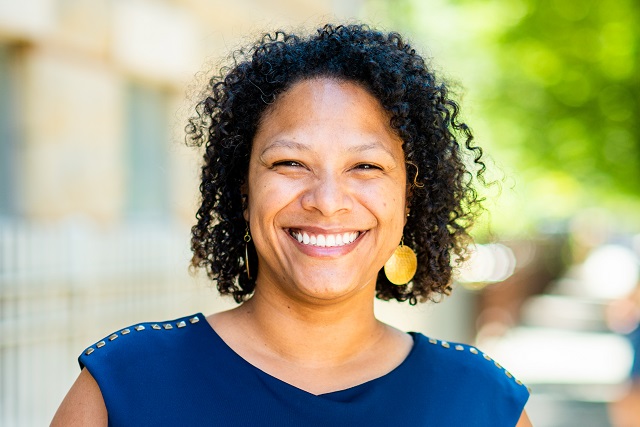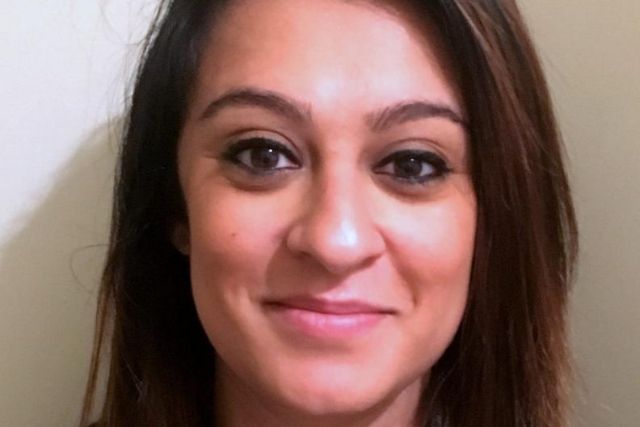Reproductive Health Care and Advocacy Fellowship
The Institute for Family Health and the Reproductive Health Access Project (RHAP) offer a year-long intensive clinical training fellowship that develops a diverse community of family medicine leaders to provide, teach, and advocate for access to equitable and person-centered reproductive health care. We envision a vibrant and diverse community of clinical leaders and change-makers with the power to provide and create access to full-spectrum reproductive health care in the United States.
Curriculum and Setting
There are two fellowship positions based in New York City at the Institute for Family Health. Fellows see patients at the Family Health Center of Harlem or at Walton Family Health Center.
Fellows will develop skills in:
Clinical Care and Service Implementation
- Fellows will spend one year as a “trainer-in-training,” learning to perform reproductive health procedures.
- Fellows will spend ~20 days at a clinical care site where there is a high need for full-spectrum reproductive health care.
- Fellows will work at a family medicine site seeing primary care patients.
Teaching
- Fellows will develop teaching skills by precepting residents, giving presentations during residency didactic sessions, and providing reproductive health training opportunities for medical students.
- Fellows will learn how to teach full-spectrum reproductive health procedures to others.
- Fellows will work on academic projects with the goal of presenting at academic meetings and writing for publication.
Advocacy & Leadership
- Fellows will develop advocacy skills through participation in the Reproductive Health Access Network, involvement in the American Academy of Family Physicians, and through partnerships with other reproductive justice, health, and rights organizations.
- Fellows will participate in an institutional advocacy project to promote equitable access to reproductive health care at their fellowship site.
- Fellows will apply to the Physicians for Reproductive Health’s Leadership Training Academy and participate if accepted. (optional)
Purposeful Inclusion
- Fellows will participate in virtual didactic sessions on integrating an anti-racist and reproductive justice lens into providing, teaching, and advocating for reproductive health care.
- Fellows will develop strategies to support the lifelong commitment to the process of integrating an anti-racist lens into providing, teaching, and advocating for reproductive health care.
Community & Mentorship
- Fellows will engage in career development and networking opportunities, including participating in national and regional reproductive health and family medicine conferences.
Learn more about the required and optional competencies fellows will develop as part of the Reproductive Health Care and Advocacy Fellowship.
Program Leadership
How to Apply
Applications are open from early May to late September. To apply, please visit the Reproductive Health Access Project for the most up-to-date information.
Eligibility Criteria
Applicants must be board-certified or board-eligible family physicians who will have completed residency training by August 1 of the fellowship start-up year. Recent graduates and mid-career physicians are eligible. Candidates need not be fully trained in reproductive health procedures. Candidates should have their New York State licenses before their start date for the fellowship.
The Institute for Family Health and RHAP seek to train a diverse community of leaders. We will review your application based on the following areas:
- Quality of your application
- Commitment to full-spectrum sexual and reproductive health care
- Commitment to practice in low-resourced/low-access settings
- Potential to contribute to the family medicine and reproductive health care workforce
- Commitment to diversity, equity, and justice
- Potential for leadership, teaching, and advocacy.




